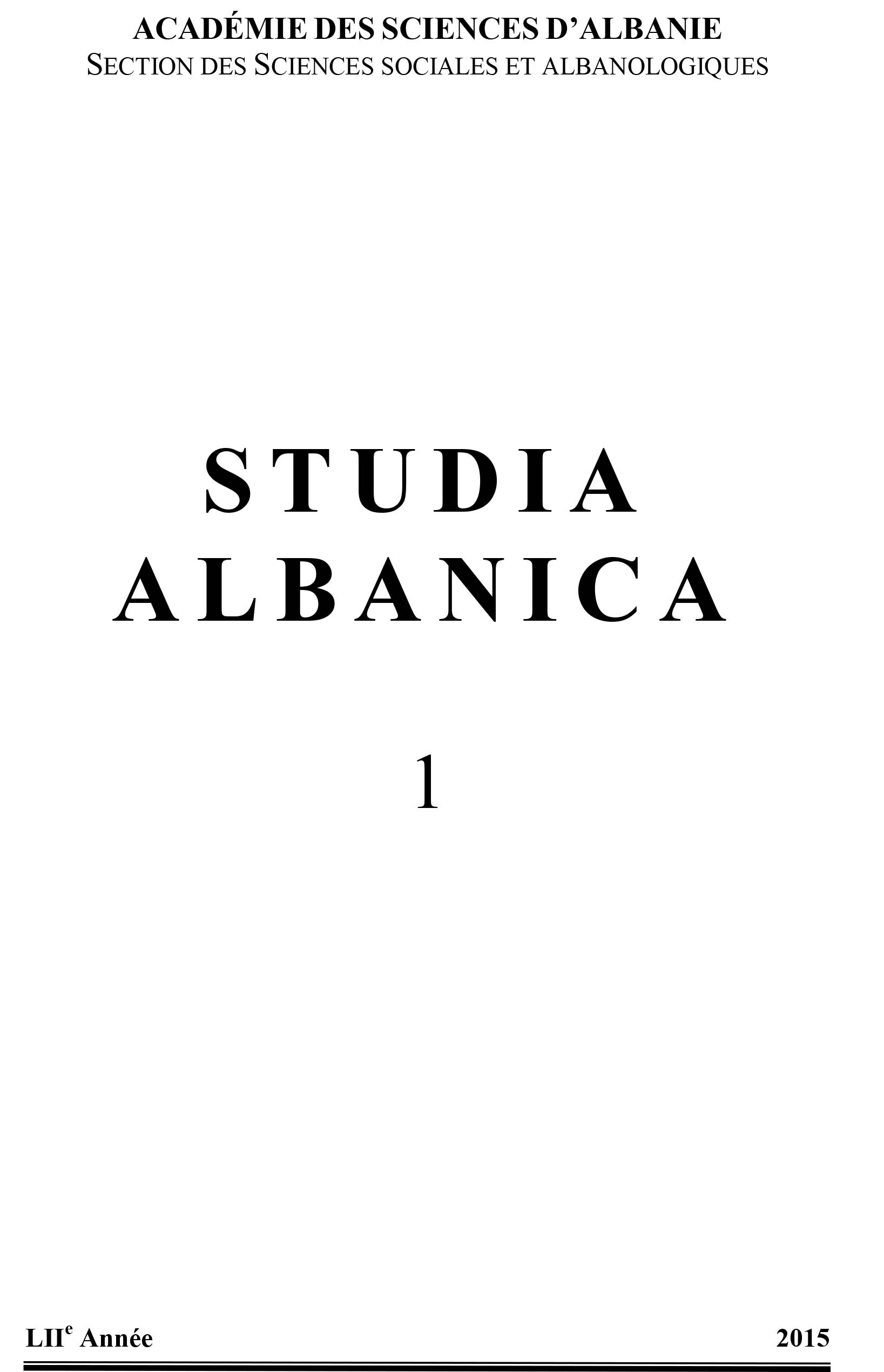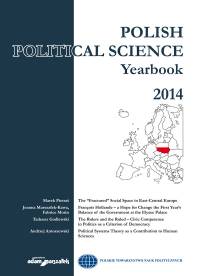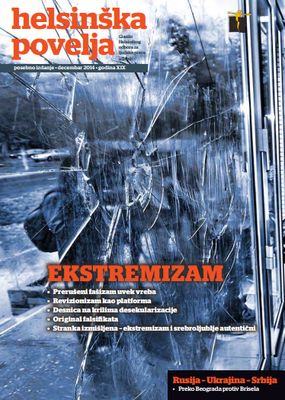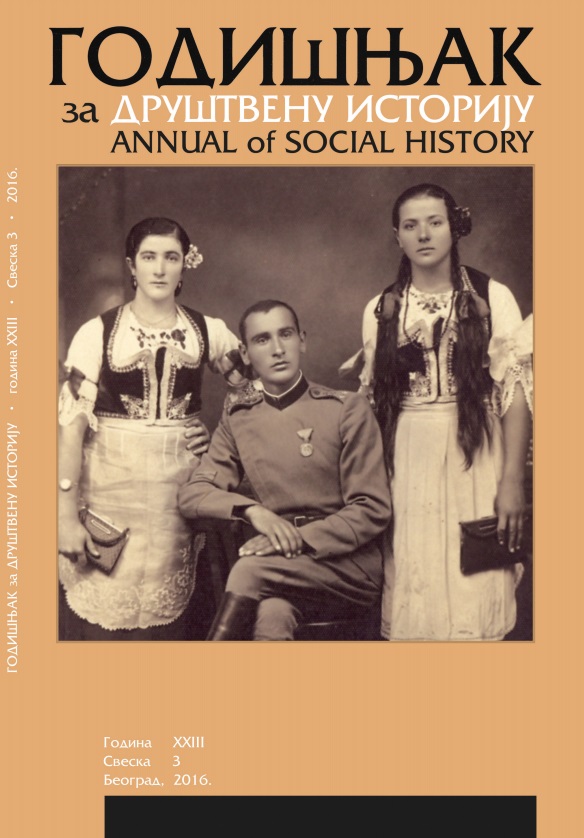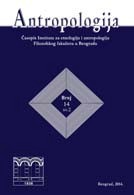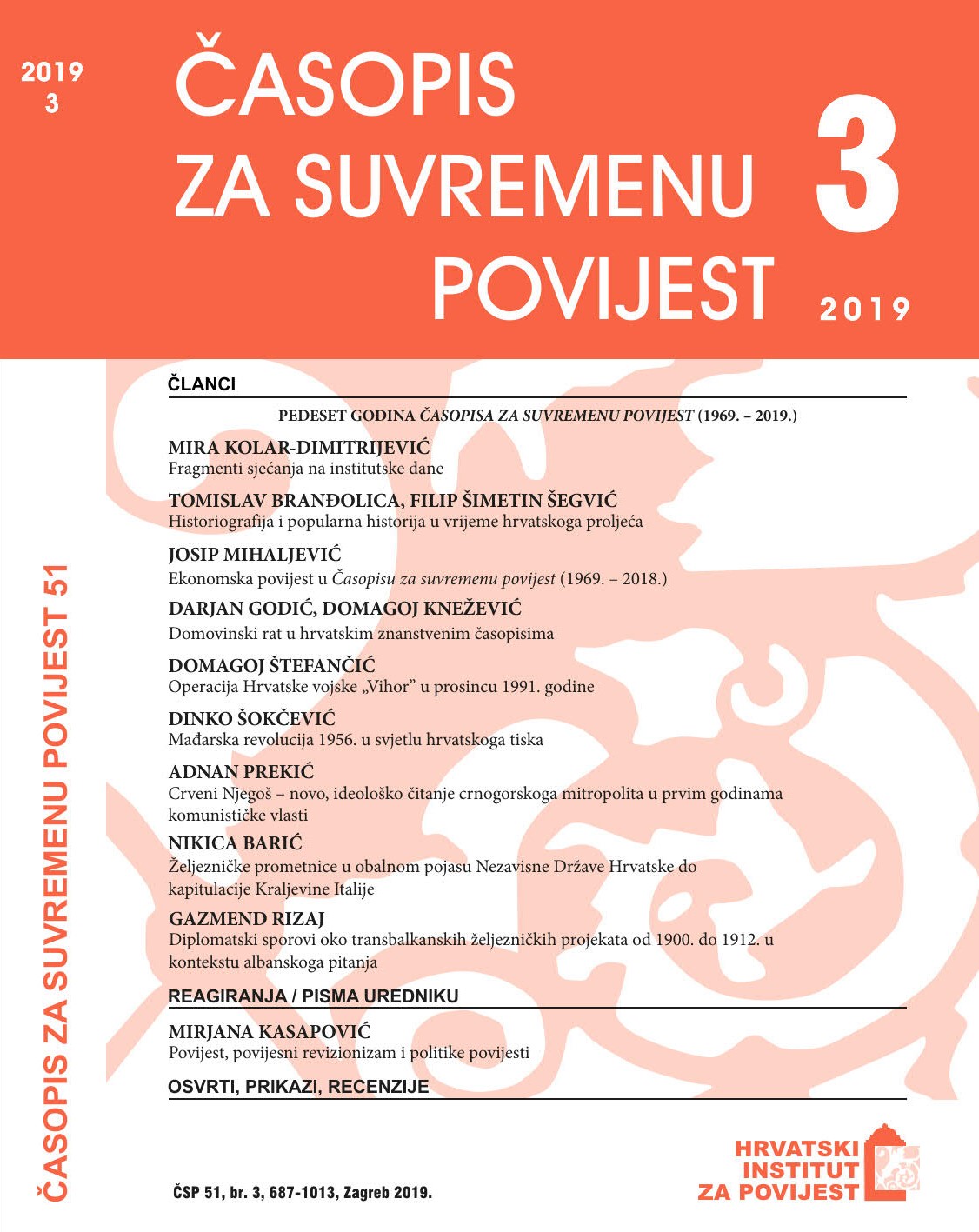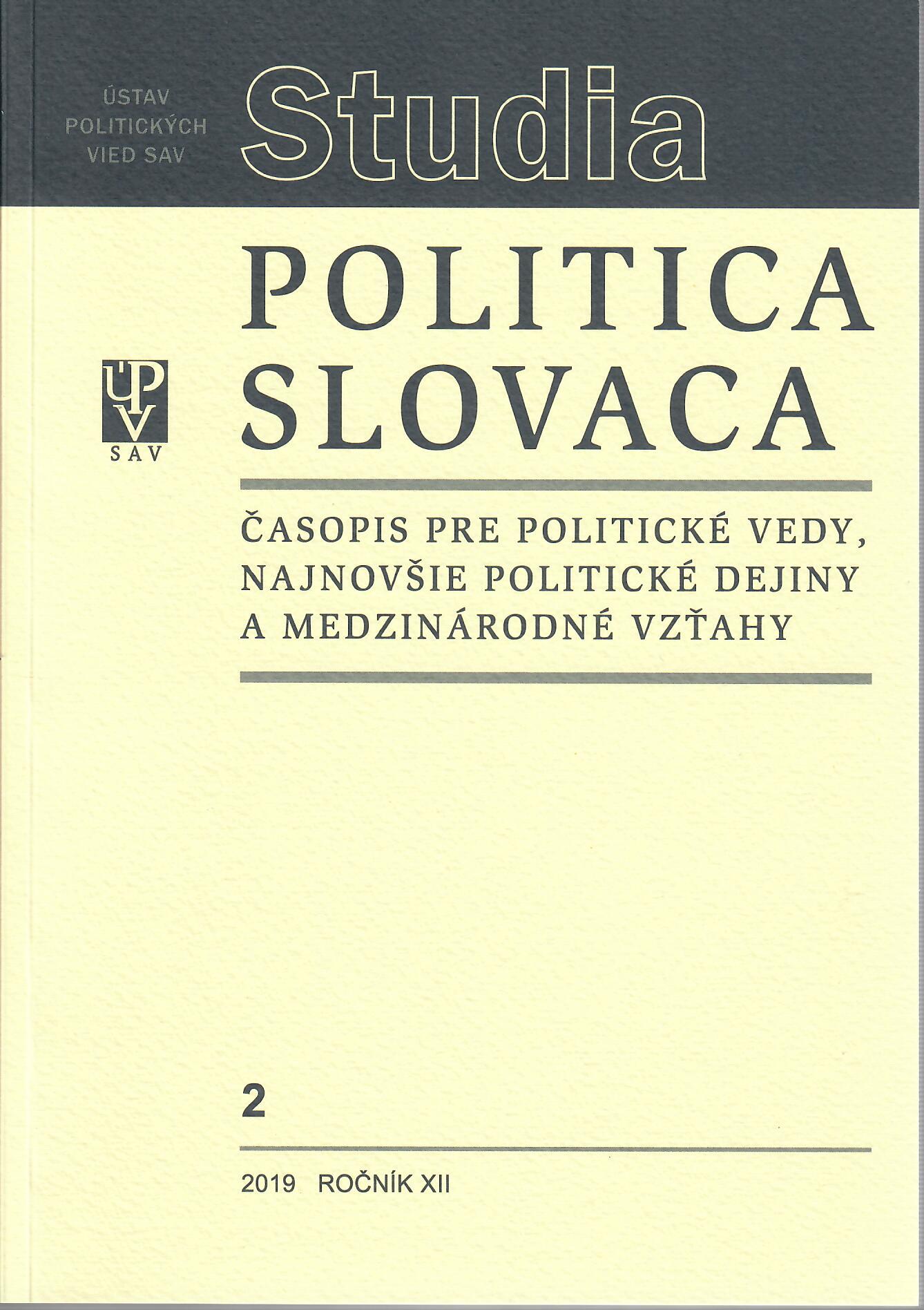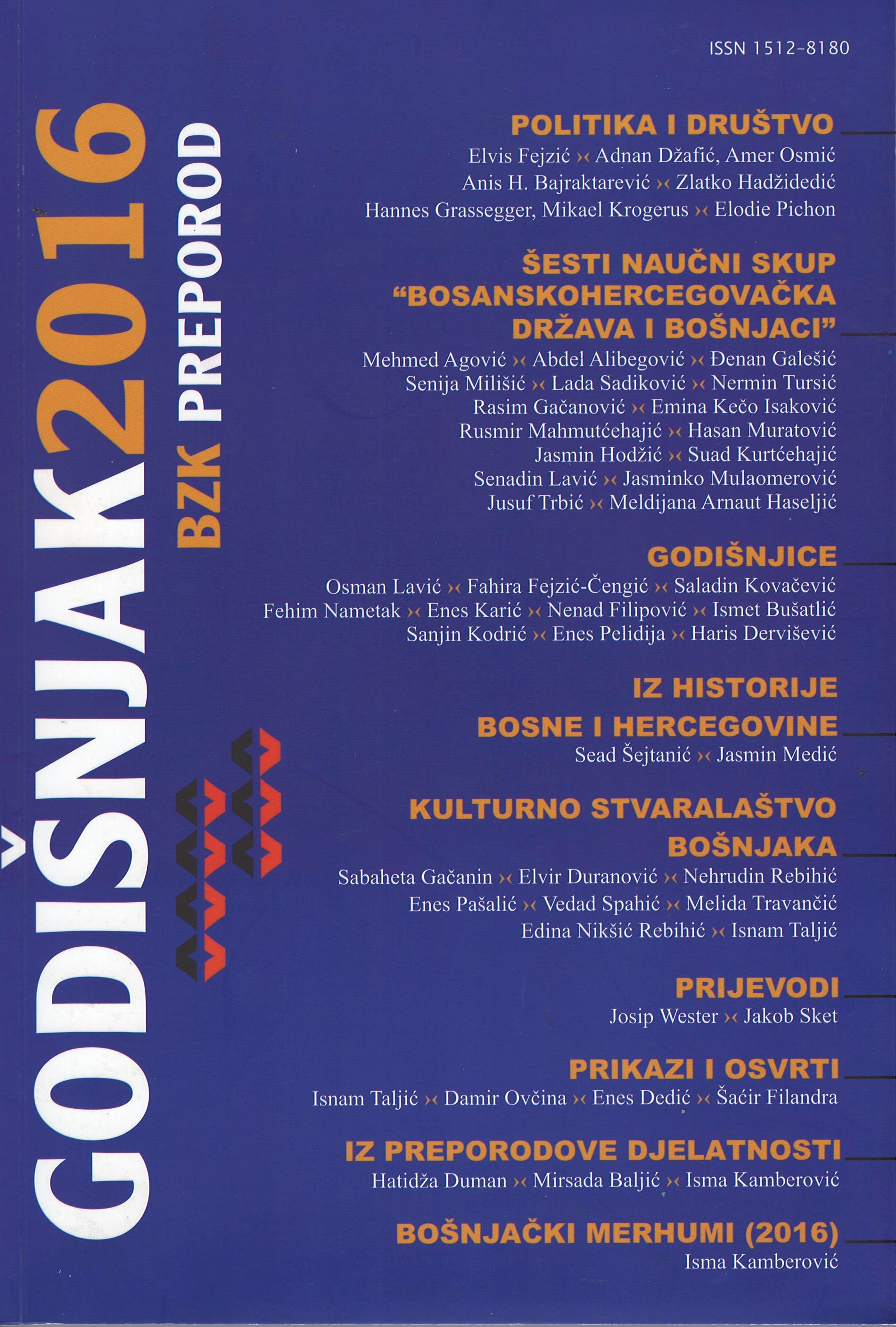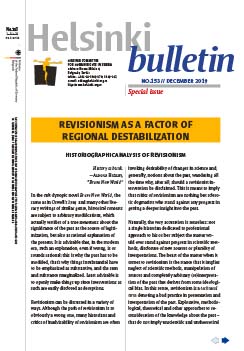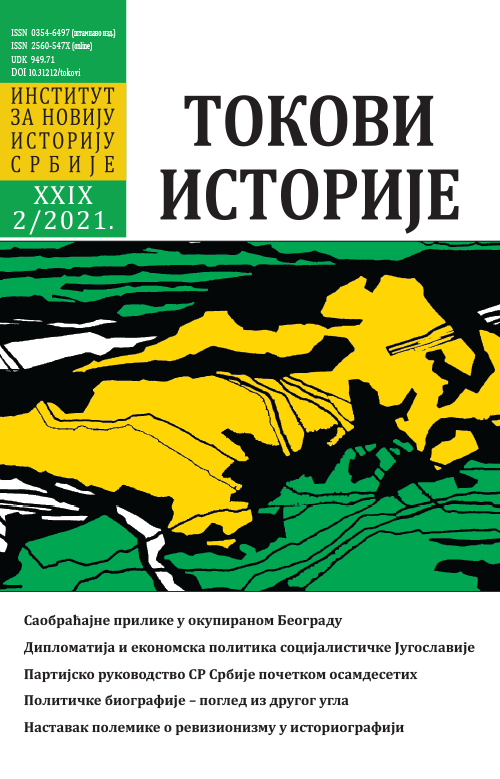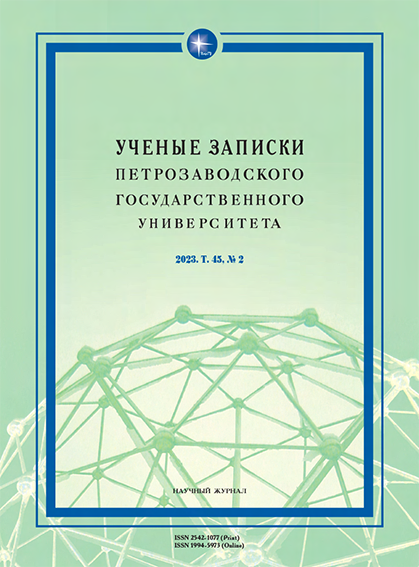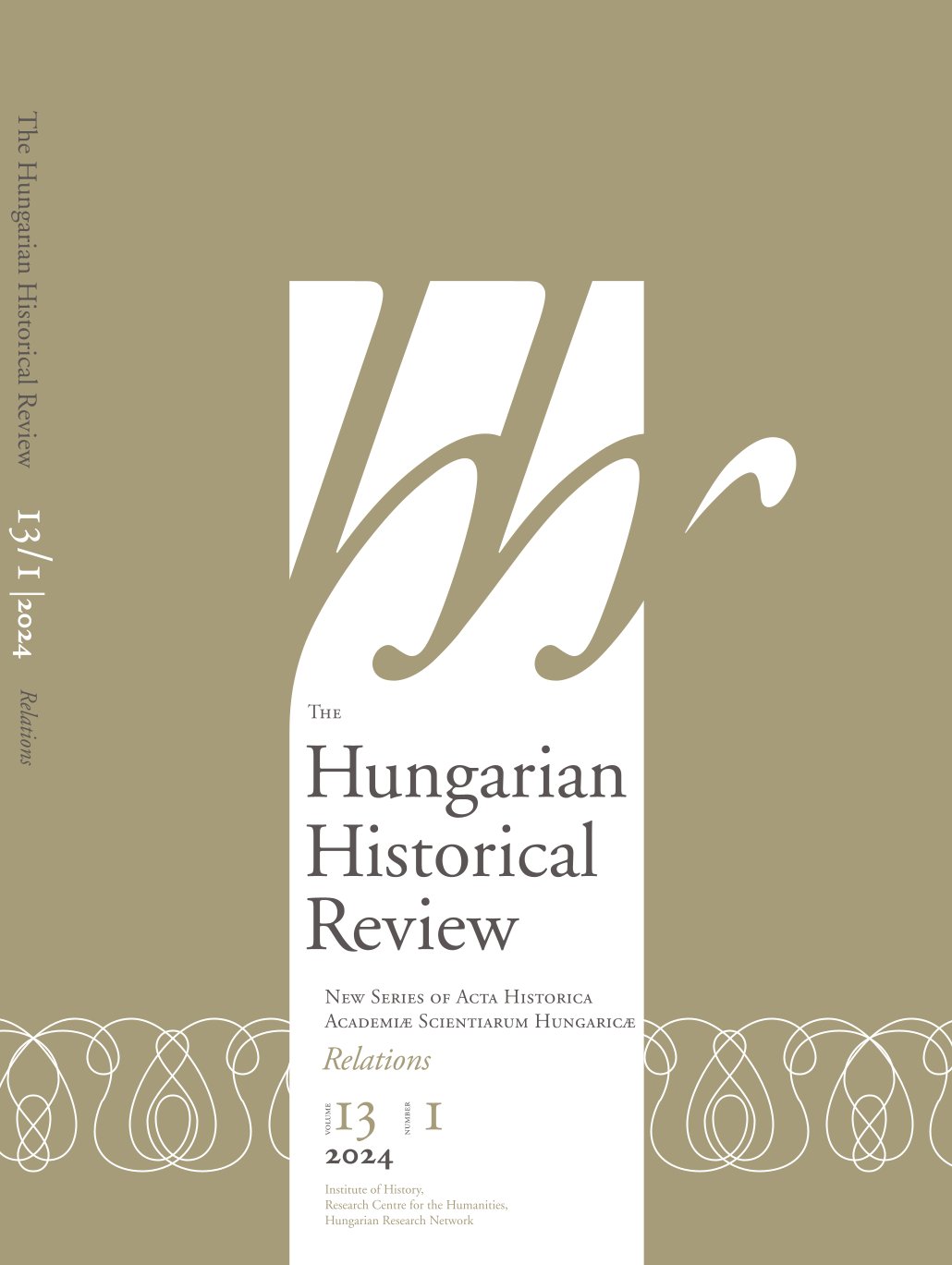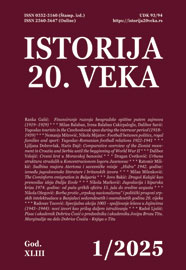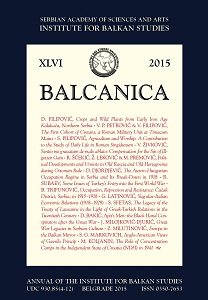
Anglo-American Views of Gavrilo Princip
The paper deals with Western (Anglo-American) views on the Sarajevo assassination/attentat and Gavrilo Princip. Articles on the assassination and Prin¬cip in two leading quality dailies (The Times and The New York Times) have par¬ticularly been analysed as well as the views of leading historians and journalists who covered the subject including: R. G. D. Laffan, R. W. Seton-Watson, Win¬ston Churchill, Sidney Fay, Bernadotte Schmitt, Rebecca West, A. J. P. Taylor, Vladimir Dedijer, Christopher Clark and Tim Butcher. In the West, the original general condemnation of the assassination and its main culprits was challenged when Rebecca West published her famous travelogue on Yugoslavia in 1941. An¬other Brit, the remarkable historian A. J. P. Taylor, had a much more positive view on the Sarajevo conspirators and blamed Germany and Austria-Hungary for the outbreak of the Great War. A turning point in Anglo-American perceptions was the publication of Vladimir Dedijer’s monumental book The Road to Sarajevo (1966), which humanised the main conspirators, a process initiated by R. West. Dedijer’s book was translated from English into all major Western languages and had an immediate impact on the understanding of the Sarajevo assassination. The rise of national antagonisms in Bosnia gradually alienated Princip from Bosnian Muslims and Croats, a process that began in the 1980s and was completed during the wars of the Yugoslav succession. Although all available sources clearly show that Princip, an ethnic Serb, gradually developed a broader Serbo-Croat and Yu¬goslav identity, he was ethnified and seen exclusively as a Serb by Bosnian Croats and Bosniaks and Western journalists in the 1990s. In the past century imagining Princip in Serbia and the West involved a whole spectrum of views. In interwar Anglo-American perceptions he was a fanatic and lunatic. He became human¬ised by Rebecca West (1941), A. J. P. Taylor showed understanding for his act (1956), he was fully explained by Dedijer (1966), challenged and then exonerated by Cristopher Clark (2012–13), and cordially embraced by Tim Butcher (2014).
More...
